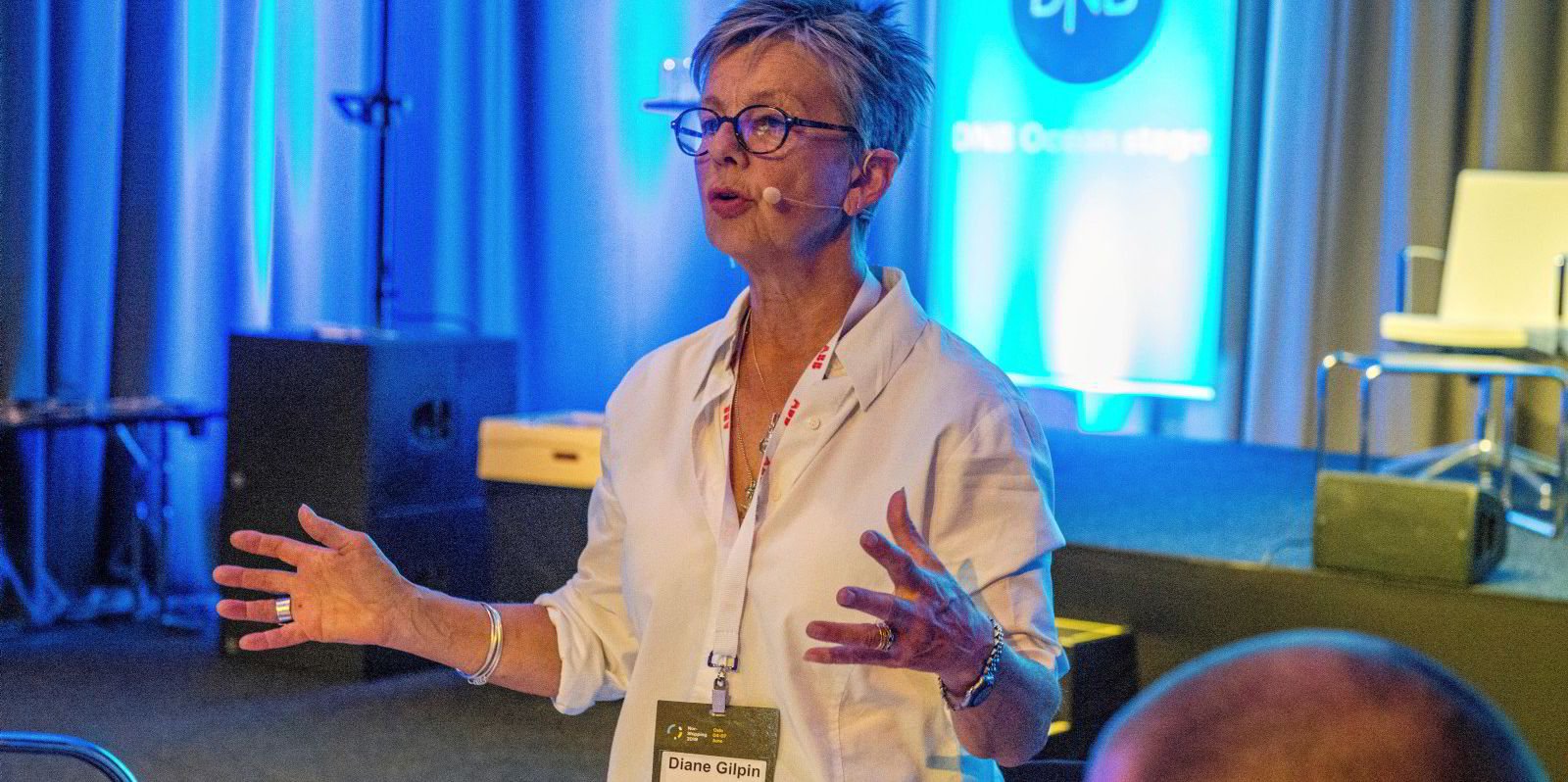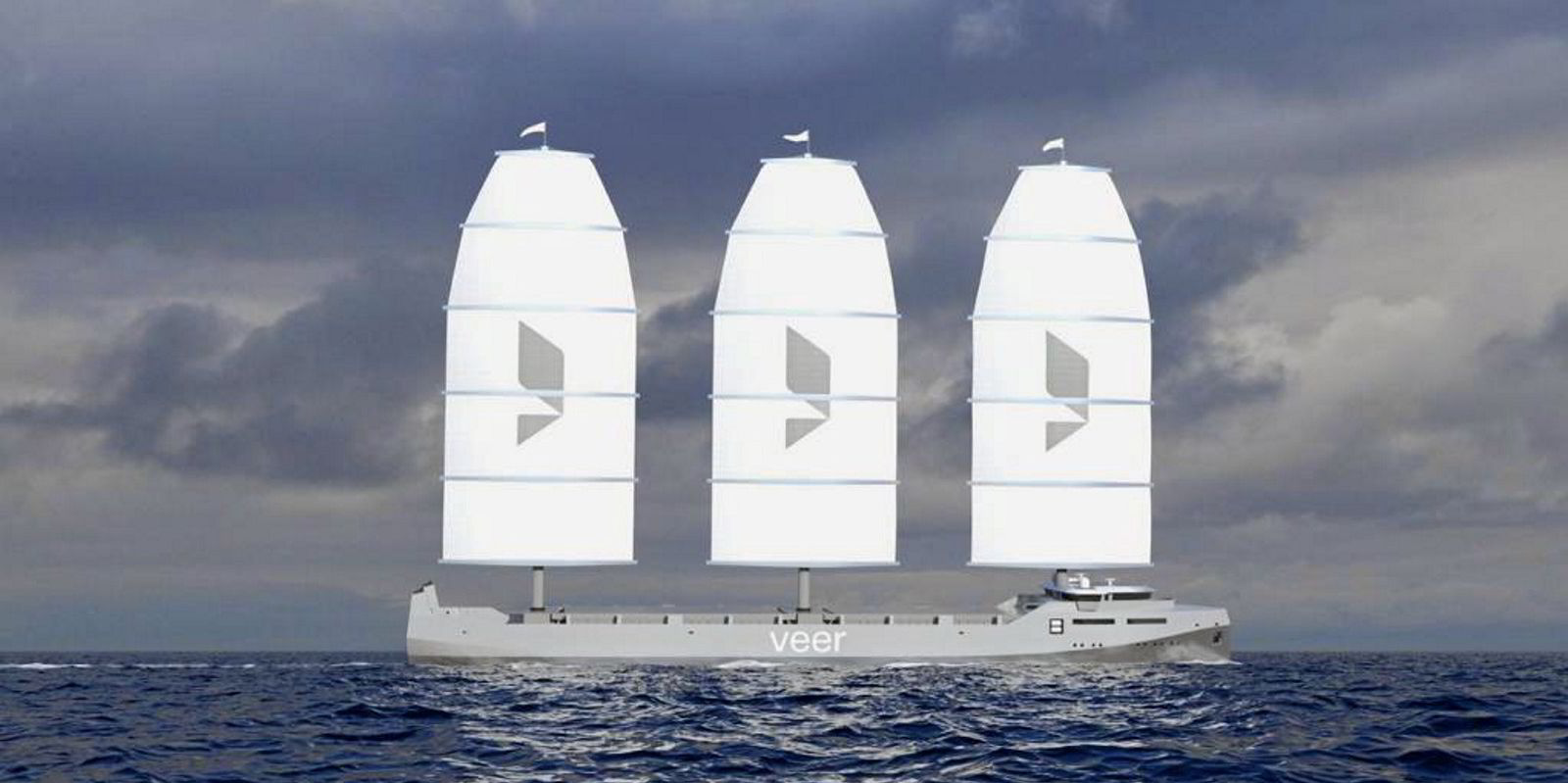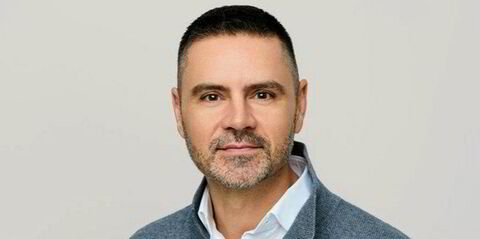Smaller developers of shipping decarbonisation technologies are struggling to secure funding despite bankers saying they are under increasing pressure to align their financing portfolios with greener loans.
Diane Gilpin, chief executive of Smart Green Shipping (SGS), which has developed a wind sail for bulk carriers, said she has spent the last 10 years trying to get financing.
"The funding gap we experience between feasibility and scale is really holding back the opportunity to decarbonise this industry," Gilpin said at the Ship Zero Conference in Glasgow, while the COP26 climate talks are underway.
Gilpin said SGS and the Malin group it is working with need $6m over three years to bring its wind sails to market.
She said SGS had demonstrated it can cut emissions by at least 20% in computer modelling for a specific Ultrabulk vessel and has had support from the Scottish government.
But the company has been turned down by 150 lending organisations that it has approached to access £550,000 per year in an attempt to unlock funding from Scottish Enterprise.
"We have a plethora of technologies where we can start to decarbonise quickly but we all suffer from this market failure," she added, because technology companies or their financing is considered too small.
Speaking at the Zero Emissions Ship Technology Association (ZESTAs) conference, bankers said it was a challenge to bridge the gap between faster progress in developing small-scale hydrogen-based fuel systems for coastal vessels and their scaling up for international shipping.
But Paul Taylor — managing director, global head of shipping and offshore at Societe Generale — said the financing of cleaner vessels was the only way shipping banks would be able to align their portfolios with the need to give greener loans.
Taylor said banks need to finance greener vessels, and Societe Generale has done a number of sustainability-linked loans where the pricing and terms are linked to efficiency levels of the ship, including small deals for short-haul battery-powered vessels.

"We have closed a deal for $8m in the last couple of weeks," Taylor said. "That is not going to make too much money for anybody but it is a very important transaction financing battery-powered vessels.
"We have to change our behaviour and lend more money on more assets otherwise we will be misaligned. And if we are misaligned too long, the capital will go elsewhere."
Gregor Paterson-Jones, whose company advises on equity raising for infrastructure and development firms, said blended finance solutions can overcome the difficulties for public and private financiers to work together on decarbonising projects.
Having worked with large institutions such as the European Union's €100bn European Fund for Strategic Investment as well as the very small — citing a $6m funding project for Fijian fishermen to replace their vessels — he said each type of financing instrument has a specific structure and requirements
"When you try to introduce sustainability, you have challenges that go right down to the structure of the investment," he said, adding that blended finance can help get over the requirements of a loan by mixing the minimum amount of public money with whatever the private investors need for security.






